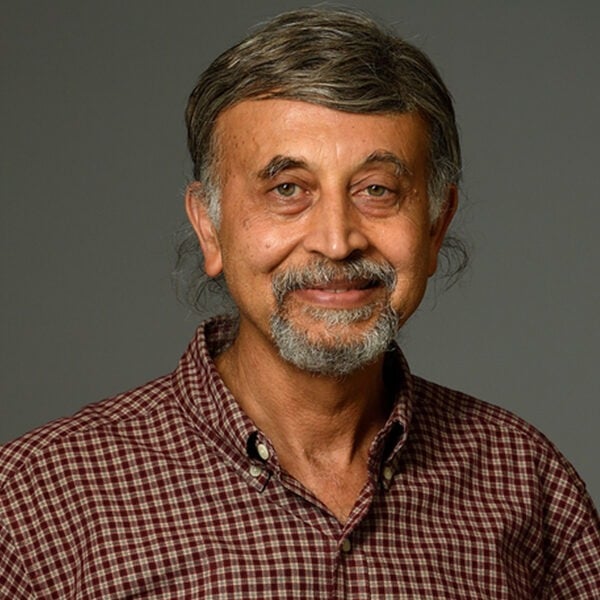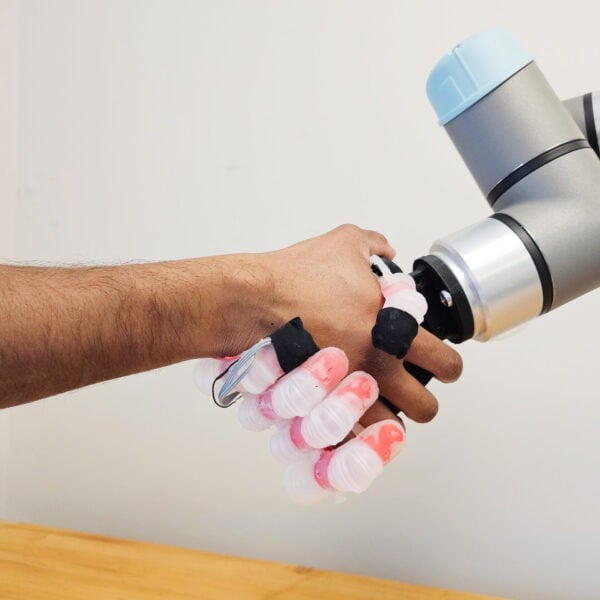Research Interests
“Nano and Micro” Project: We are developing novel microfabricated sensors and devices for neuroscience research. The first example is the development of microelectromechanical (MEMS) techniques that allow us to grown neurons and neural networks on a chip (“Neuro Chip.”). In chip we can study basic neuronal functions such as axonal injury, myelination, neuromuscular junction formation. Basic studies then translate into ex vivo and in vivo study of nerve and spinal cord injury.
“Neural Devices” Project: A number of very large scale integrated circuit (VLSIC) chips are under development. One is a VLSI chip to interface neural microsensors to amplifiers and telemetry. The potentiostat chip is capable of measuring pA level currents for neurotransmitter measurmeents. A sub-microvolt amplifier chip records multichannel EEG and neural activity. These are then coupled to wireless data transfer and power harvesting. These neural devices are useful for recording neural activity in rodents and eventually in man for building brain machine interfaces.
“Neuro Imaging” Project: Optical methods, such as laser speckle imaging and photo-acoustic imaging provide a window into the brain, by shining coherent laser light and imaging speckle contrast or acoustic signature. Using these methods we image the microvessels in the brain, as well as the blood flow and oxygenation. A novel microscope suitable for imaging from awake, behaving animals is under development. Laser speckle imaging used to image tumor related angiogenesis (enhance vasculature) in brain as well as blood flow and oxygenation changes in a stroke model. Retinal imaging technology is under development by a startup spun off out of our lab.
“Brain Monitoring” from “Bench to Bedside”: We have a long term interest in studying the basic mechanisms of brain injury, developing mathematical models of neurons and neural networks, and signal processing methods for analyzing brain rhythms. On the basic research side, we study what happens to brain when heart stops, using neural recording and signatures such as EEG and evoked potential. On the clinical side, we are developing diagnostic monitors for brain injury detection in the operating room and neurological intensive care. Through a “startup”, we are doing technology transfer to take ideas from “bench to bedside.” Our instruments are now presently approaching clinical evaluation (e.g. we monitored patients undergoing high risk brain surgery).
“Brain Machine Interface” Project: This is an exciting new field where we record brain activity, build quantitative data analysis methods and then use the methods to control robotic and prosthetic arms (for future amputee applications). Noninvasive methods are based on EEG while invasive methods are based on Electrocorticogram signals and direct neural signals recorded from population of neurons. Our brain machine algorithms decode dexterous hand and finger movements, resulting in a better understanding of brain organization, and applications to building neuroprosthetic devices.
“Prosthesis: from Research to Practice”: Our goal here is simple — to build dexterous prosthetic arm, here and now and make them available to amputees. Our collaboration, with a technology spinoff or startup, is to develop components of the prosthesis, including electrode, battery, electronics, and controller for myoelectric (muscle signal) pattern recognition. Hundreds of amputees have presently benefited from this research and development partnership of students, engineers, prosthetists, clinicians and entrepreneurs.
Titles
- Professor, Biomedical Engineering
- Professor, Electrical & Computer Engineering
- Professor, Neurology
Affiliated Centers & Institutes
Education
- PhD, Electrical and Computer Engineering, University of Wisconsin, 1981
- MS, Biomedical Engineering, University of Wisconsin, 1978
- BS, Electrical Engineering, Indian Institute of Technology, 1974
Recent Highlights
-
February 16, 2023The 2022 Misha Mahowald Prize for Neuromorphic Engineering was awarded to a team led by Nitish Thakor at Johns Hopkins...
-
September 29, 2022Nitish Thakor is among the four teams at Johns Hopkins to receive a seed grant from Space@Hopkins.
-
December 8, 202041 multidisciplinary endeavors have been selected to receive support this year from Johns Hopkins University's Discovery Awards program. Eight of these endeavors include faculty from the Department of Biomedical Engineering.


